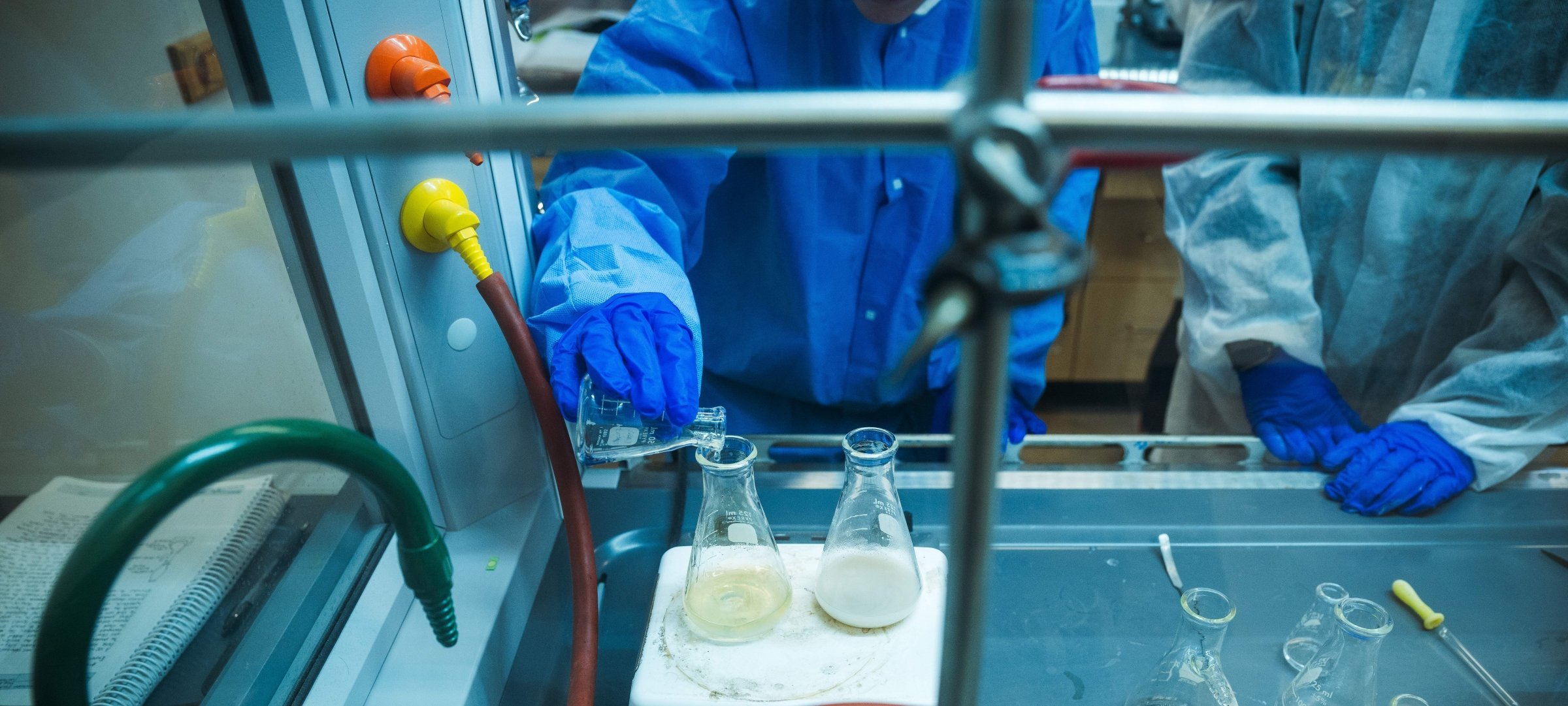Add to your degree. A minor allows an undergraduate student to specialize in a secondary discipline and broaden your experience. A student may minor in any subject, provided the title of the minor differs from the title of the student’s major or major concentration.
To pursue a minor, you must first be enrolled in a bachelor’s degree program and file a Curriculum Add/Drop Form with the Registrar's Office to declare the minor. We recommend that you begin your minor studies as early as possible in your academic career.
Chemistry
Chemistry plays a central role in the physical, life, and applied sciences. If you're not a chemistry major, but you'd like to explore the discipline, a minor in chemistry is an excellent option. You'll take 18 credits within the chemistry department, choosing from topics such as polymer chemistry, biomolecular chemistry, and spectroscopy of organic chemistry.
Medicinal Chemistry
A minor in medicinal chemistry allows students from other majors to explore their interests in the exciting science of drug design and analysis. Credits in chemistry, math, and more give students a well-rounded experience. Undergraduate research experiences are possible, as well.


